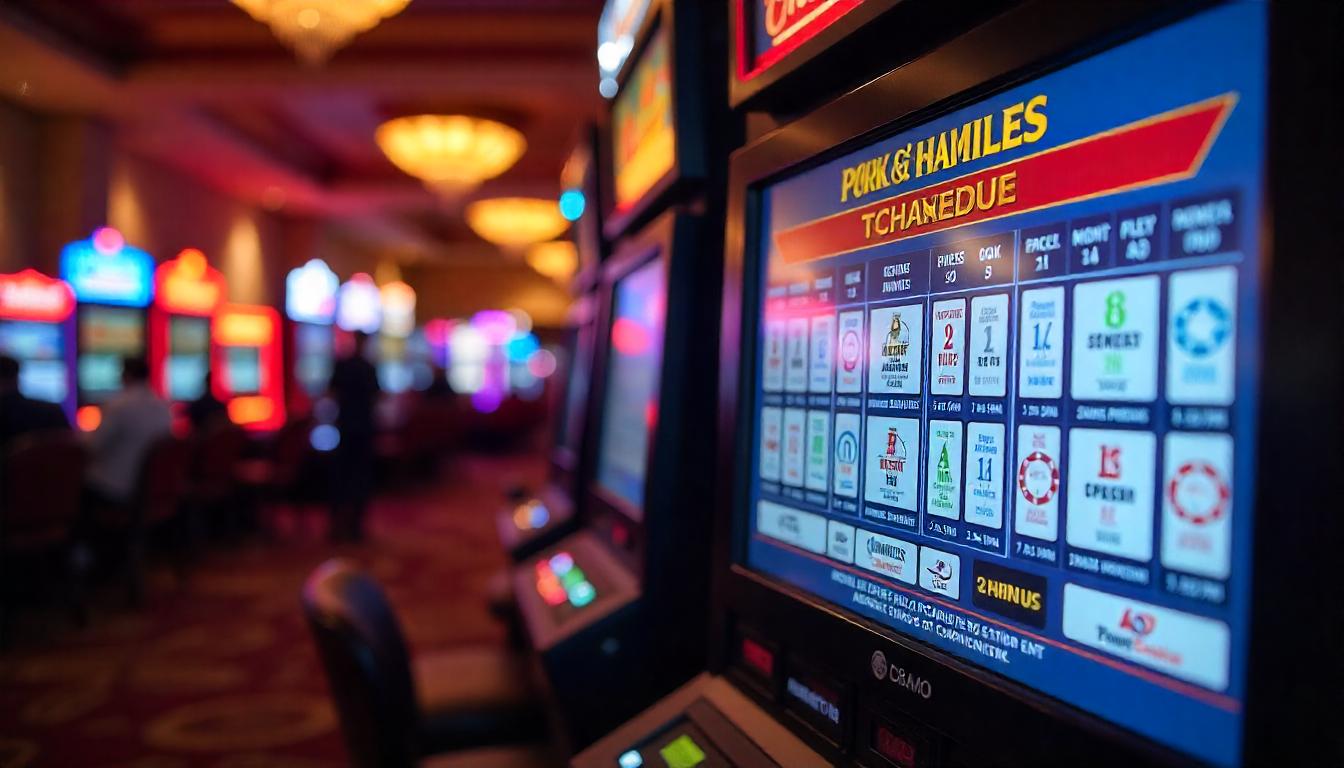Introduction to Poker
Poker is more than just a card game; it’s a thrilling blend of skill, strategy, and psychology. Whether you’re drawn to the excitement of high-stakes tournaments or the friendly atmosphere of casual games, learning how to play poker in a casino can be an exhilarating experience. With its rich history and various styles, poker has captured the hearts of millions around the world.
If you’ve ever wondered what it takes to sit at a real poker table surrounded by fellow enthusiasts, this beginner’s guide will walk you through everything you need to know. From understanding basic rules to mastering etiquette at the table, we’ve got you covered. Grab your chips and let’s dive into the fascinating world of casino poker!
Understanding the Rules of Poker
To succeed in poker, understanding the rules is crucial. It starts with knowing hand rankings. From high card to royal flush, each combination has its value.
Next, familiarize yourself with betting rounds. Players have options: check, bet, call, raise or fold. Each choice impacts your strategy and potential winnings.
Blinds are another essential concept. In games like Texas Hold’em, players post small and big blinds to create action right from the start.
Don’t forget about community cards if you’re playing a variant that uses them! They can dramatically change your hand’s strength.
Always remember that poker is as much about psychology as it is about rules. Reading opponents’ behaviors can give you an edge at the table while mastering these fundamental concepts will set you on the right path to becoming a successful player.
The Different Variations of Poker
Poker isn’t a one-size-fits-all game. It comes in various styles that cater to different preferences and skill levels.
Texas Hold’em is perhaps the most popular variation, known for its strategic depth. Players receive two hole cards and share five community cards. The blend of luck and strategy makes it thrilling.
Omaha follows a similar format but gives players four hole cards instead of two. This leads to more complex betting strategies and hand combinations.
Seven Card Stud has no community cards at all. Each player gets dealt seven cards, three face-down and four face-up, making each decision crucial.
For those who enjoy fast-paced action, Pineapple offers an exciting twist to Texas Hold’em by allowing players to discard one card after the flop.
Each variation brings unique challenges. Exploring them can enhance your overall poker experience while sharpening your skills at the table.
Tips for Playing in a Casino Setting
When you step into a casino, the atmosphere can be overwhelming. Focus on one table at a time. This allows you to absorb the game without distraction.
Set a budget before you start playing. Stick to it strictly, and don’t chase losses. Gambling should be fun, not stressful.
Pay attention to other players’ strategies. Observing their moves can give insights into different styles of play that might work for you.
Don’t rush your decisions. Take your time when it’s your turn; this shows confidence and helps prevent mistakes.
Stay aware of the dealer’s actions and house rules specific to that casino. Each venue may have slight differences in gameplay or etiquette that are crucial for an enjoyable experience.
Etiquette at the Poker Table
Poker etiquette plays a crucial role in ensuring an enjoyable experience for everyone at the table. Respect is paramount, so always be courteous to fellow players and dealers.
When it’s your turn, act promptly. Take too long, and you can disrupt the flow of the game. Keep conversation light; avoid discussing hands in play or making distractions.
Handling chips requires finesse. Stack them neatly and avoid splashing them across the table. This keeps everything organized and helps maintain focus on the game.
If you need to leave temporarily, inform others instead of abruptly getting up mid-hand. It shows consideration for their time.
Tip the dealer when you win a significant pot or after a session if you’re feeling generous. Acknowledging their hard work fosters goodwill around the felt and enhances your overall gaming experience.
Common Mistakes to Avoid
One common mistake new players make is playing too many hands. It’s tempting to get involved in every hand, but patience is key. Select your spots wisely.
Another frequent error is failing to manage your bankroll effectively. Set limits for yourself and stick to them. Chasing losses often leads to bigger problems.
Don’t forget about position at the table. Many beginners underestimate its importance, which can lead to poor decision-making.
Emotional play can be a major pitfall as well. If you find yourself frustrated or overly excited, take a step back. Staying calm helps maintain clarity in your decisions.
Avoid neglecting basic strategies like bluffing judiciously and understanding pot odds. These fundamentals are essential for any player looking to improve their game significantly.
Resources for Improving Your Poker Skills
Improving your poker skills requires dedication and the right resources. Online platforms offer a wealth of information. Websites like Upswing Poker and PokerStrategy provide articles, videos, and forums that cover everything from basic strategies to advanced techniques.
Books are also invaluable. Titles like “The Theory of Poker” by David Sklansky delve deep into the fundamental concepts you need to grasp for success.
Consider joining local poker clubs or online communities. Engaging with other players helps you gain insights and develop your game through practice.
Watching professional tournaments can be enlightening too. Analyze how pros handle various situations at the table; it’s a great way to learn about strategy in real-time.
Don’t underestimate practice tools like poker software programs that simulate games or help track your performance over time. These resources will sharpen your skills significantly as you continue on your poker journey.
Conclusion
Poker is an exciting game that combines skill, strategy, and a little luck. Understanding the basics is just the beginning. Knowing the rules and different variations can enhance your experience at the casino.
When you step into a casino, it’s essential to familiarize yourself with poker etiquette. Respecting other players and understanding table dynamics will make your gaming experience more enjoyable.
Avoid common mistakes like playing too many hands or not managing your bankroll effectively. These errors can cost you dearly in both fun and money.
Utilizing resources for improving your skills will give you an edge over less-prepared opponents. Books, online courses, and practice games are great tools to elevate your game.
The thrill of playing poker in a casino setting awaits you. With practice and knowledge under your belt, you’ll be ready to enjoy every moment at the table while increasing your chances of success in this timeless card game.









